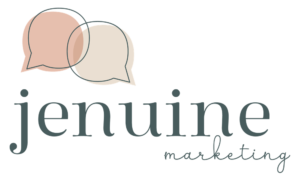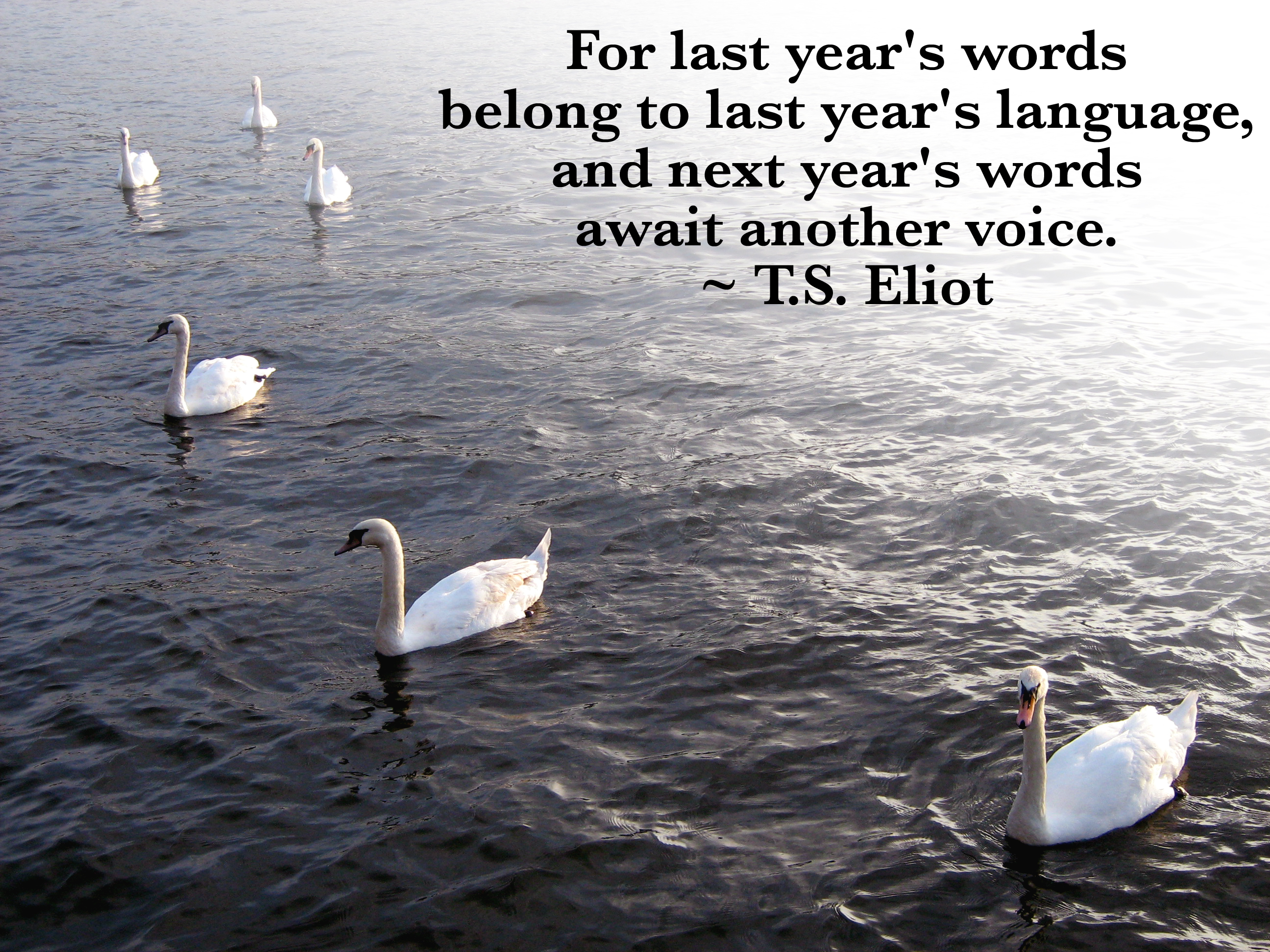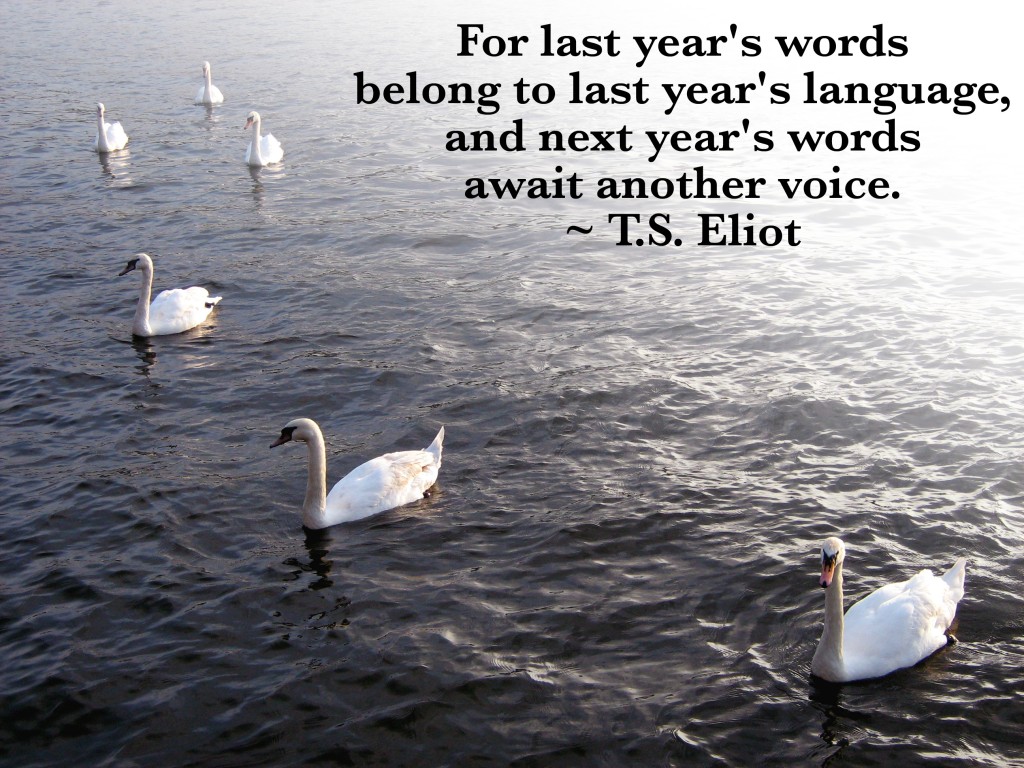Happy New Year everyone! Isn’t it exciting to realize that there is an entire calendar full of days waiting for you to put your own unique stamp on them! Even though it’s only been one day since 2012, there’s just something refreshing about starting a new year.
It’s a time to reflect back on what went well in the previous year, and what you could improve on going forward. One of the best things that I did at the end of 2012 was to attend a session called, “Setting Your Intentions“, put on by Cathy Goddard of Lighthouse Visionary Solutions. A lot of my focus was on setting personal intentions, but I also came up with some business intentions for Jenuine Marketing:
- Post daily updates on my Twitter & Facebook page accounts, and utilize HootSuite and TweetDeck to help in scheduling those posts
- Spend 15 minutes on LinkedIn every other day
- Publish a blog post once a week
- By the end of January, perform my own social media audit and determine whether I should continue spending time on Google+ and Pinterest for business purposes
- Schedule time into each work day to promote Jenuine Marketing and to connect with other like-minded business owners
- Spend at least 30 minutes every work day viewing business-related articles, blog posts and video seminars
- Put aside time to finish the business analysis work that I started in 2012 with Melanie of BrandHer.com
- Remember to take at least one day off a week from work
Those are my business intentions. Hopefully I can keep them! And the words of Oprah Winfrey, “Cheers to a new year and another chance for us to get it right.”
What do you hope to get right this year?







